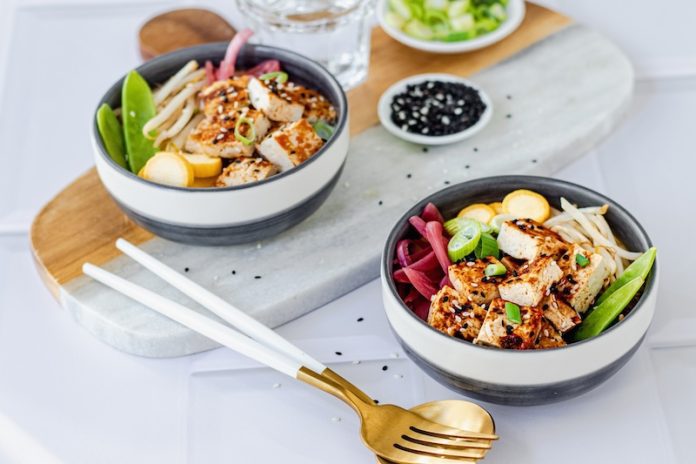
Type 2 diabetes is a common chronic condition that affects how your body processes sugar (glucose).
Managing this condition often involves making thoughtful choices about the foods we eat.
In this review, we will explore the best and worst food options for people with type 2 diabetes, using plain language to help everyone understand the science behind it.
Before we dive into the best and worst foods, let’s understand the basics. When you eat, your body breaks down the carbohydrates into glucose, used for energy.
In people with type 2 diabetes, their bodies don’t use insulin (a hormone that regulates blood sugar) properly, leading to high blood sugar levels.
Best Foods for Type 2 Diabetes
- Vegetables: Veggies like broccoli, spinach, and cauliflower are low in carbohydrates and packed with vitamins and fiber. They help stabilize blood sugar and provide essential nutrients.
- Fruits in Moderation: While fruits contain natural sugars, they also provide fiber and antioxidants. Berries, apples, and citrus fruits are good choices. But remember, moderation is key!
- Whole Grains: Opt for whole grains like brown rice, whole wheat bread, and quinoa. They have more fiber, which slows down the sugar absorption into your bloodstream.
- Lean Proteins: Chicken, turkey, fish, tofu, and legumes like beans and lentils are excellent protein sources that won’t spike your blood sugar.
- Healthy Fats: Avocados, nuts, and olive oil contain healthy fats that can help improve insulin sensitivity.
- Dairy: Choose low-fat or non-fat dairy options like Greek yogurt, which provide calcium and protein without excessive sugar.
- Spices: Cinnamon and turmeric have been shown to help control blood sugar levels. You can sprinkle them on various dishes for flavor and benefits.
Worst Foods for Type 2 Diabetes
- Sugary Drinks: Soda, fruit juices, and energy drinks are loaded with sugar and can cause rapid spikes in blood sugar. Avoid them whenever possible.
- Processed Foods: Many packaged snacks, fast food, and processed meats are high in unhealthy fats, salt, and added sugars. These can lead to weight gain and worsen diabetes.
- White Bread and Sugary Cereals: These refined carbohydrates quickly turn into sugar in your body, causing blood sugar spikes.
- Sweets and Desserts: Candy, cakes, cookies, and ice cream are high in sugar and should be occasional treats, not regular indulgences.
- Fried Foods: Fried items like French fries and fried chicken are not only high in unhealthy fats but also carbohydrates due to the breading.
- Alcohol: Alcohol can lower blood sugar levels but should be consumed in moderation. It’s essential to monitor your blood sugar closely when drinking.
Numerous studies have explored the relationship between diet and type 2 diabetes. Here are some key findings:
- A study published in the New England Journal of Medicine found that a Mediterranean diet, rich in vegetables, fruits, whole grains, and healthy fats, reduced the risk of type 2 diabetes by about 30%.
- Research in the American Journal of Clinical Nutrition demonstrated that high-fiber diets help control blood sugar levels and improve insulin sensitivity.
- The Lancet Diabetes & Endocrinology published a study showing that sugar-sweetened beverages were associated with an increased risk of type 2 diabetes.
- A review in Diabetes Care indicated that weight loss and dietary changes, including reducing sugary foods and increasing fiber intake, significantly improved blood sugar control in people with type 2 diabetes.
In managing type 2 diabetes, making smart food choices is essential. Opt for whole, unprocessed foods, focus on fruits and vegetables, and watch your sugar intake.
These simple dietary changes can help control your blood sugar levels and improve your overall health. Remember, it’s always a good idea to consult with a healthcare professional or a registered dietitian for personalized guidance on managing your diabetes through diet.
Follow us on Twitter for more articles about this topic.
Copyright © 2023 Scientific Diet. All rights reserved.





